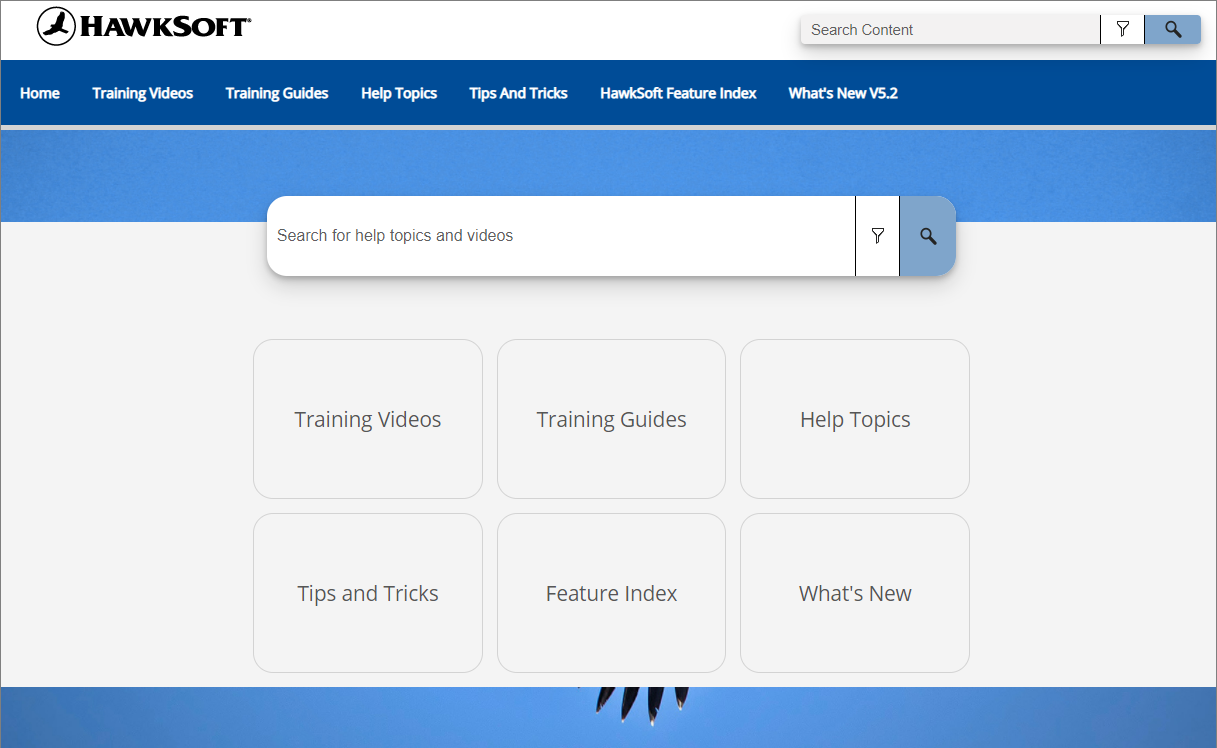Carrier appointments are vital for an independent insurance agency, but in today’s insurance landscape - especially with the current hard market conditions where many carriers aren’t taking new business - it’s more difficult than ever to secure those appointments. Here are some recommendations from agents to make the process a little easier, whether you're a new scratch agency, transitioning from a captive environment, or just looking to grow your portfolio of carriers.
Agents featured in this article (from our Insurance Perspectives Podcast series):
- Niki Henley, Extra Mile Insurance Solutions (previously AAA, State Farm)
- Ron Keats, Keats Insurance Agencies (previously State Farm, Nationwide)
- John Crawley, JCA Insurance Services (previously Allstate, Farmers)
- Ciara Gravier, The Bunker Insurance and Risk Management (previously Allstate)
- James Jenkins, RiskWell (previously Farmers)
Join a network
An invaluable tool for new independent agencies can be joining an agency network, cluster, or aggregator that already has access to national or regional carriers. They often also negotiate with the carrier to obtain lower volume requirements and higher commission rates for their members. Networks usually have fees for membership, but these can be well worth it to gain access to carriers and other helpful resources for new independent agencies.
John Crawley of JCA Insurance Services recommends, “Look into the clusters and groups that have excellent structure and training and access to the carriers. You give a little bit of money back to them, but it's really an easy tradeoff. That would be a good way for someone brand new that doesn't have the resources.”
Agencies are sometimes hesitant to enter into an agreement with a network due to the contract terms, but James Jenkins of RiskWell points out that most networks are willing to tailor their contract for each agency. “People that complain about networks don’t understand you can redline and negotiate certain things,” he says. “It is a bilateral contract that should have mutually agreeable conditions.” For more info on finding a network that’s a good fit for you, see our blog on what to consider when choosing a network.
Translate your previous experience for carriers
When requesting a carrier appointment, the carrier typically wants to see your agency's sales numbers. For new agencies or those coming from the captive world may feel they don't have much to bring to the table, but think about how your past sales or captive experience can showcase what you can do in the independent channel.
“The biggest thing that helped was to bring my sales track record,” says Niki Henley of Extra Mile Insurance Solutions. “Even though I had no independent sales yet, I pulled data from my time at AAA to show that I have a seven-year history of high-level producing for the carrier already.” Even if you don’t have any prior experience with that carrier, showing them your sales numbers from other carriers or industries can assure them that you can bring in business.
Explain your vision and business plan
When granting an appointment, a carrier wants to understand your agency’s vision and feel confident not only in the value you aim to bring to your clients and the carrier, but in your ability to achieve that vision through a concrete, actionable plan.
“Have a value proposition, and have it front and center,” says Ron Keats of Keats Insurance Agencies. “What value do you bring that insurance company? The words ‘I’m going to grow this year,’ aren’t enough. Show them how you are going to grow this year. Everyone should have a business plan that goes out at least five years, that you update every year.”
Build up your portfolio of carriers over time
Agents recommend taking on one carrier at a time, ensuring that you have the appetite for each one before taking on the next. Many carriers have minimum volume requirements, so it can be risky to get an appointment if you’re not positive you can meet your end of the agreement.
“I didn't go after every carrier,” John says. “Every contract is a performance contract. You've got to perform. You've got to bring them business and you've got to be profitable. So we took our time and didn’t get the appointments until we had the volume. If you lose an appointment, it's likely you'll never get it back.”
James speaks about carrier selection in terms of building a sports team. “I like to think about it like I’m a head coach. I need 2 or 3 absolute five-star legendary players. But the rest of my roster is going to be pretty specific role players that are really good at certain things, and that's all you want them doing. That's basically how it is with carriers as an independent agent.” Find a few carriers to cover the most amount of ground first, and then fill in carriers for other specific coverage needs.
Learn the differences between carriers
Once you have multiple carriers, take some time to learn the ins and outs of each one. “In the captive environment,” John says, “you know how they operate and their claims system and their underwriting system. But with independent, not all carriers are the same. The biggest culture shock I found was knowing all the companies, knowing all their underwriting and their contracts.”
Niki points out that as an independent agent, you also need to have a solid understanding of the national and state laws, not just carrier guidelines. “You’re learning the insurance rules and regulations in general, so you can apply them to each carrier and their underwriting guidelines.”
Be proactive in your relationships with carriers
Getting an appointment shouldn't be the end of your dialogue with the carrier. Make sure you have open lines of communication with the carrier. For agencies that move from captive to independent, it may be a shift from the embedded support they're used to from a carrier. More responsibility rests on the agency to be proactive in building the relationship with the carrier. “On the captive side,” Ron says, “when we saw an opportunity for the carrier, we could actually have communication with their leadership and share ideas that could help them score more of the kind of business they want.”
By contrast, on the independent side, “you just have access to your marketing rep, so there’s a big gap," he says. “We had to show them what we can do by bringing more than just applications to the table. When you have disciplines and expertise and you have your finger on the pulse of what’s going on out there, you can show that you have a lot to offer the carrier."
Ciara Gravier of The Bunker Insurance and Risk Management suggests being actively involved in associations, councils, and carrier and agent groups to show carriers you're active in the industry. "You have to come out from behind the desk," she says. "You have to be engaged and be on their councils and be an advocate of the industry. When carrier reps and the higher ups at the carriers see your work ethic, they see that you care about the industry and it's more than just a paycheck. It absolutely help you to be top of mind."
Tips on moving from captive to independentSee recommendations from 5 agencies that made the switch from captive to independent agents. |








